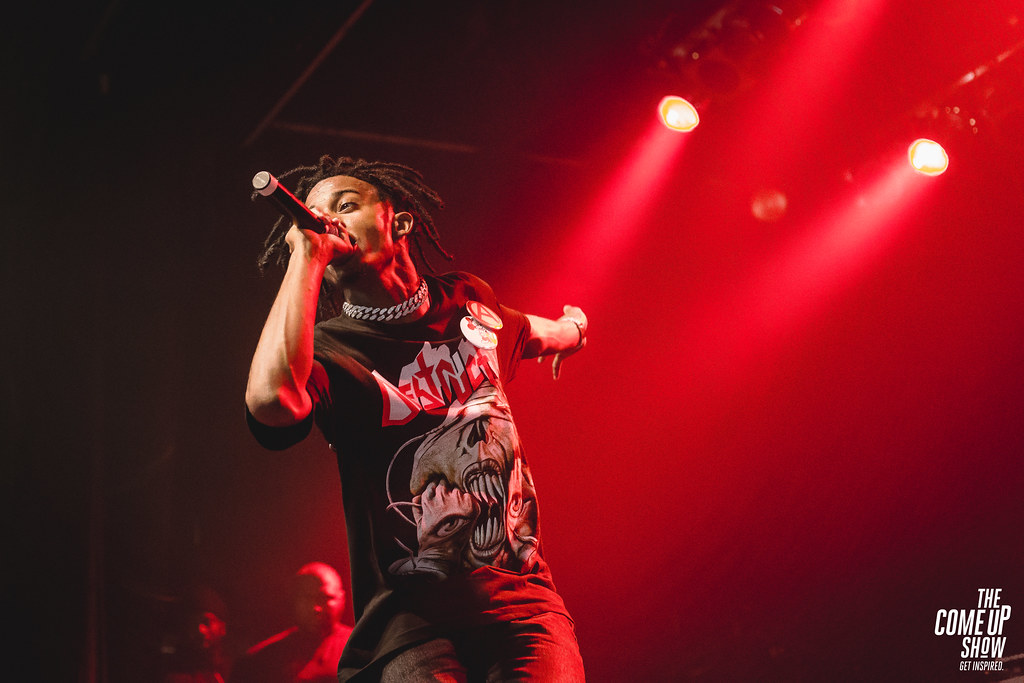Playboi Carti and Fivio Foreign give opposite performances in “Off the Grid”

Unlike most other tracks on his latest album Donda, Kanye West’s “Off the Grid” is triumphant and explores ideas that also appeal to non-religious audiences.
Donda was long-awaited by eager fans throughout multiple teases and delays. When it was finally released on Aug. 29, listeners were beyond ready to hear what West had to say. Still, on the fourth track “Off the Grid,” feature artist Fivio Foreign steals the show.
When listening to the track, it’s easy to focus on the drill beat over lyrics. That’s not to say the beat is distracting — it actually provides a solid backdrop and complements all three artists on the track; Kanye, Fivio Foreign, and Playboi Carti. It’s the type of beat that’s so catchy, I was tempted to just nod along rather than listen to the lyrics.
For some songs, the presence of a catchy beat serves as an excuse for lacklustre lyrics. This is not the case with “Off the Grid,” where the lyrics are nearly, if not equally, as strong. The track tells stories of the artists’ newfound awareness about the music industry and relationships, taking on a victorious tone.
At least, Kanye and Fivio Foreign’s verses do. Meanwhile, Playboi Carti delivers the most forgettable verse on the track. Rapping about topics from tattoos to luxury clothing, he offers more ad-libs than substance.
This isn’t bad per se — it would work if “Off the Grid” was solely meant to be danced to and nothing else. Since the rest of the track delves into more meaningful topics, though, Playboi Carti’s verse leaves the listener to question whether he’s on the right song.
Given the circumstances, it’s fortunate that he’s the first to appear and quickest to leave. It makes the next verse — Fivio Foreign’s, all the more satisfying. From the moment he comes on, Fivio wastes no time bringing depth to the track. He begins by describing the simplistic lifestyle he had while in jail and continues by commenting on his faith in God.
Despite the many religious references, Fivio’s verse doesn’t come across as too preachy. He manages to connect his comments on God to topics that resonate with everyone, such as trust issues and success.
“They call me a product of my environment,” he raps after telling his rags to riches story. “I tell them, ‘Nah, I’m what God produced.’” By associating the idea that God made him who he is with the universal idea of overcoming struggle, Fivio relates to both religious and non-religious audiences.
With passionate delivery, Fivio ends his verse with lessons from fame. “If you got a name, then you gotta protect it,” he raps. It adds to his reflective yet powerful tone, making his verse as satisfying to hear as it must’ve been for him to record.

